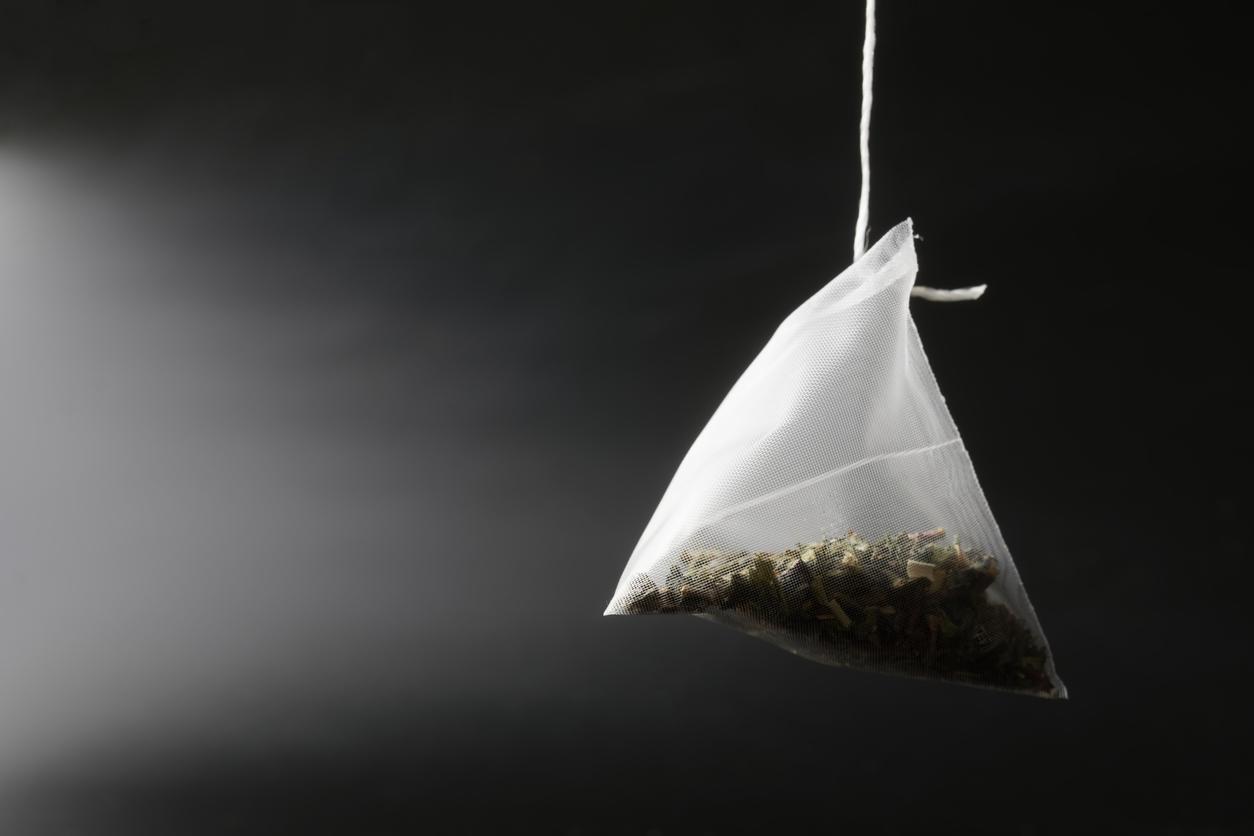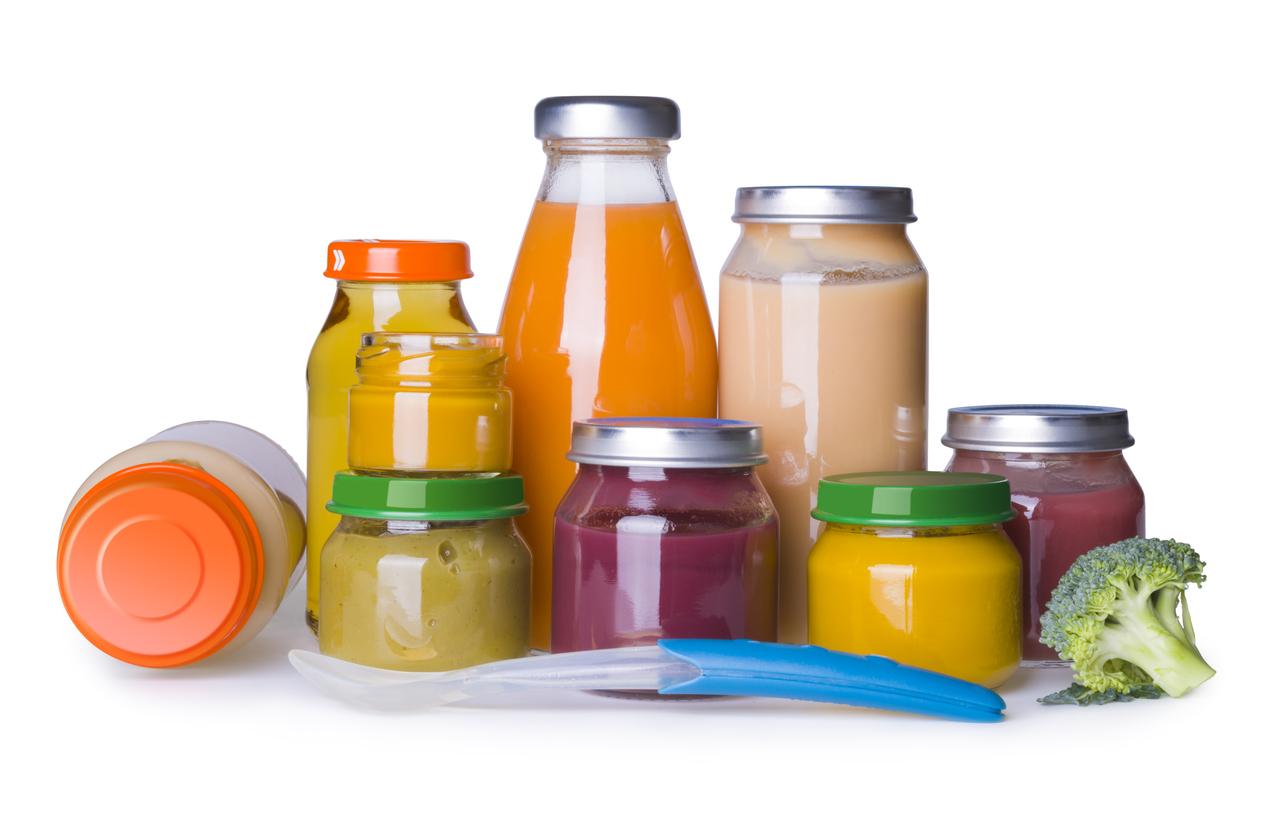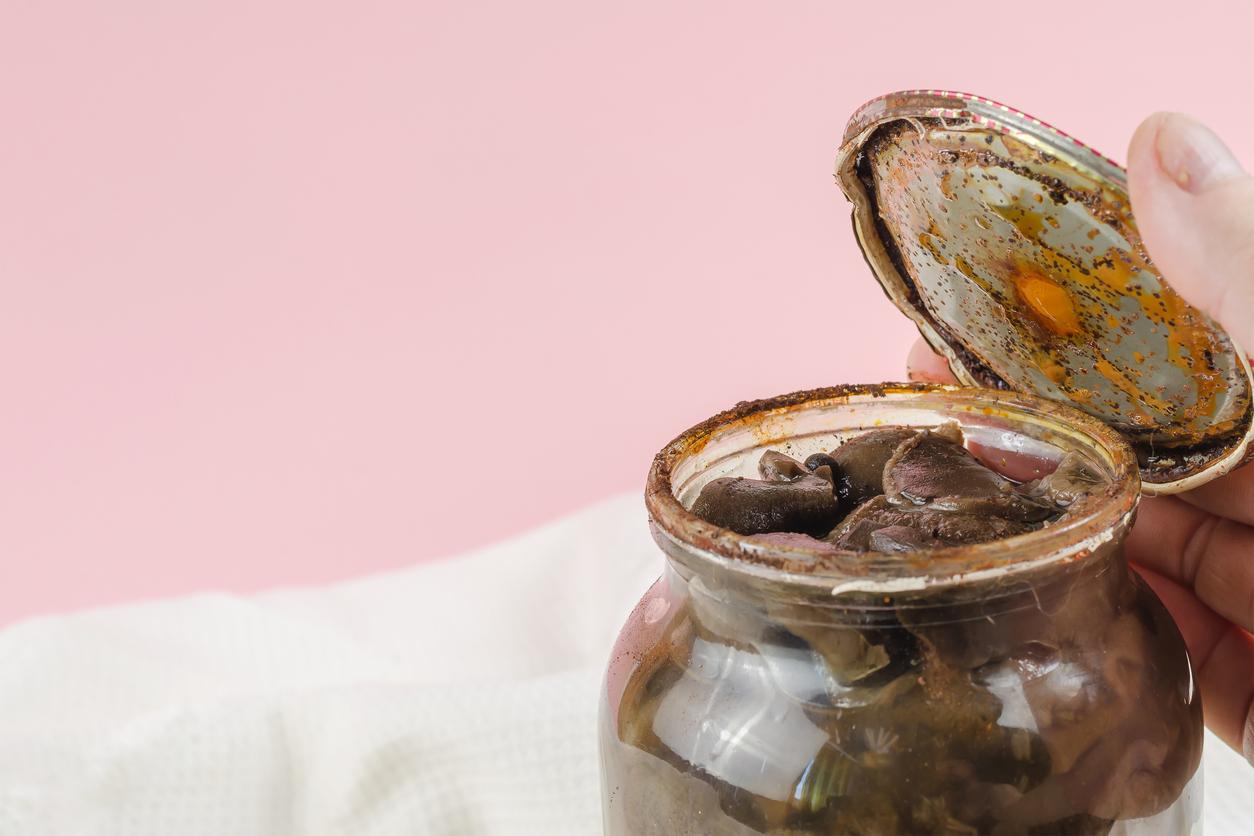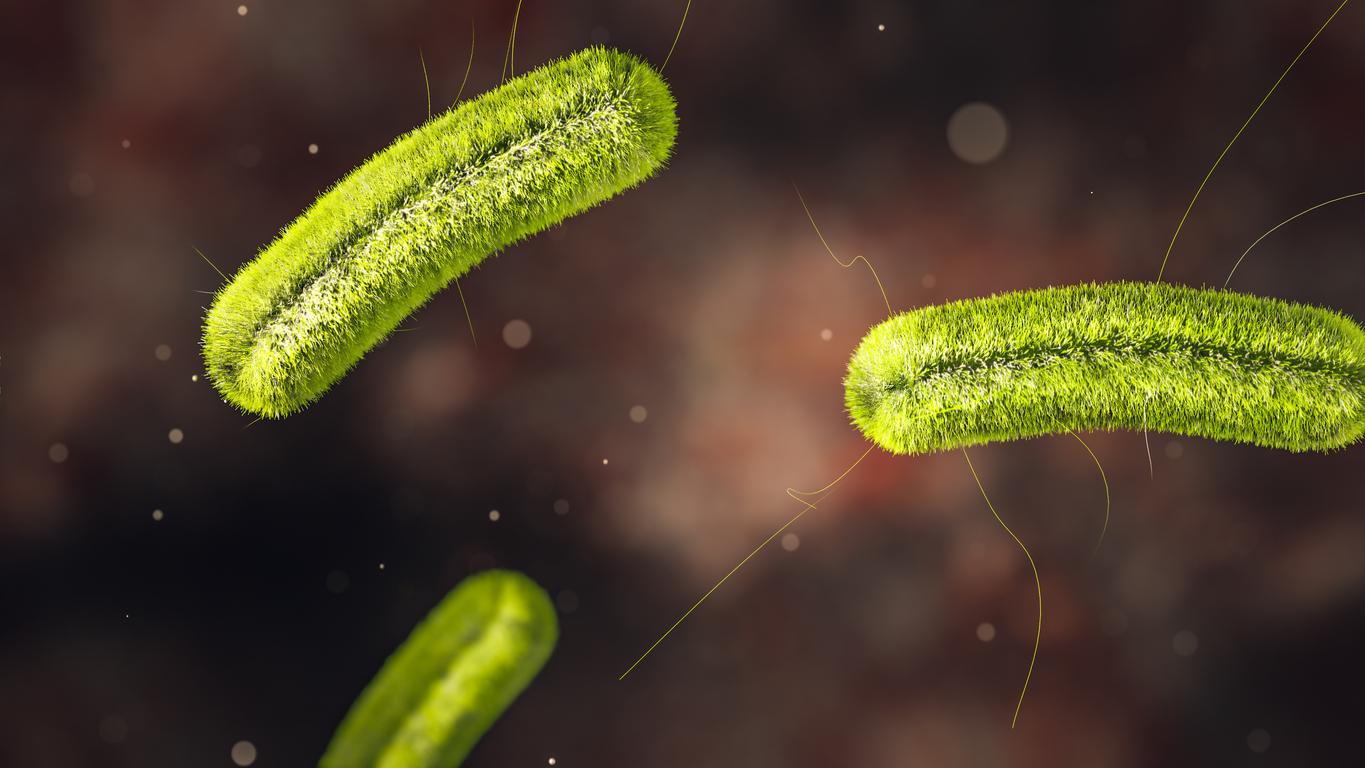We thought we could put whooping cough in the aisle of childhood illnesses, but it is not! If vaccination protects children from two months (the age when they receive the first injection of the vaccine), once adults it seems that one is no longer immunized. Result: more and more adults (or teenagers) develop whooping cough … which they risk transmitting to infants who have not yet been vaccinated. The disease is easily transmitted through the air, with the bacteria spreading through droplets of saliva when the patient coughs. However, in toddlers, complications from pertussis can be very serious: there are still 700 hospitalizations and around ten deaths per year in France (whooping cough is the leading cause of death by bacterial infection in children under 2 months old). ).
Of course, if your tween has a persistent cough for more than a week at a stretch, you’re going to end up taking them to the doctor. But the diagnosis of pertussis is not always the first that comes to mind and as long as your child is not on antibiotics, it remains contagious … and therefore potentially dangerous for the young children around it (or for yourself, if you are pregnant). Hence the importance of this second booster (the first having been generally performed at 16-18 months) which can be done at the same time as the third diphtheria, tetanus, and polio booster, between 11 and 13 years old. Note however that this vaccine is not “mandatory” but only recommended.
















